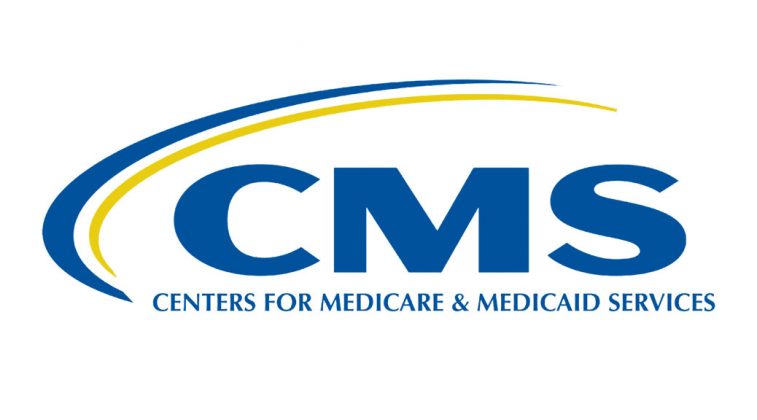To address health care disparities in hospital inpatient care and beyond, CMS is adopting three health equity-focused measures in the IQR Program.
- The first measure assesses a hospital’s commitment to establishing a culture of equity and delivering more equitable health care by capturing concrete activities across five key domains, including strategic planning, data collection, data analysis, quality improvement, and leadership engagement.
- The second and third measures capture screening and identification of patient-level, health-related social needs — such as food insecurity, housing instability, transportation needs, utility difficulties, and interpersonal safety. By screening for and identifying such unmet needs, hospitals will be in a better position to serve patients holistically by addressing and monitoring what are often key contributors to poor physical and mental health outcomes.
To support hospitals and health systems starting from different points on their journey to strengthen health equity, the American Hospital Association (AHA’s) Institute for Diversity and Health Equity (IFDHE) is preparing four new guidance and resource toolkits to share evidence-based practices to inform organizational next steps. These toolkits highlight four compelling strategies to prioritize health equity. The foundational pillars include:
- Data collection, validation, stratification and application of patient information to address disparate outcomes
- Cultural competency and implicit bias training and education
- Diversity and inclusion in leadership and governance roles
- Sustainable community partnerships focused on improving equity




